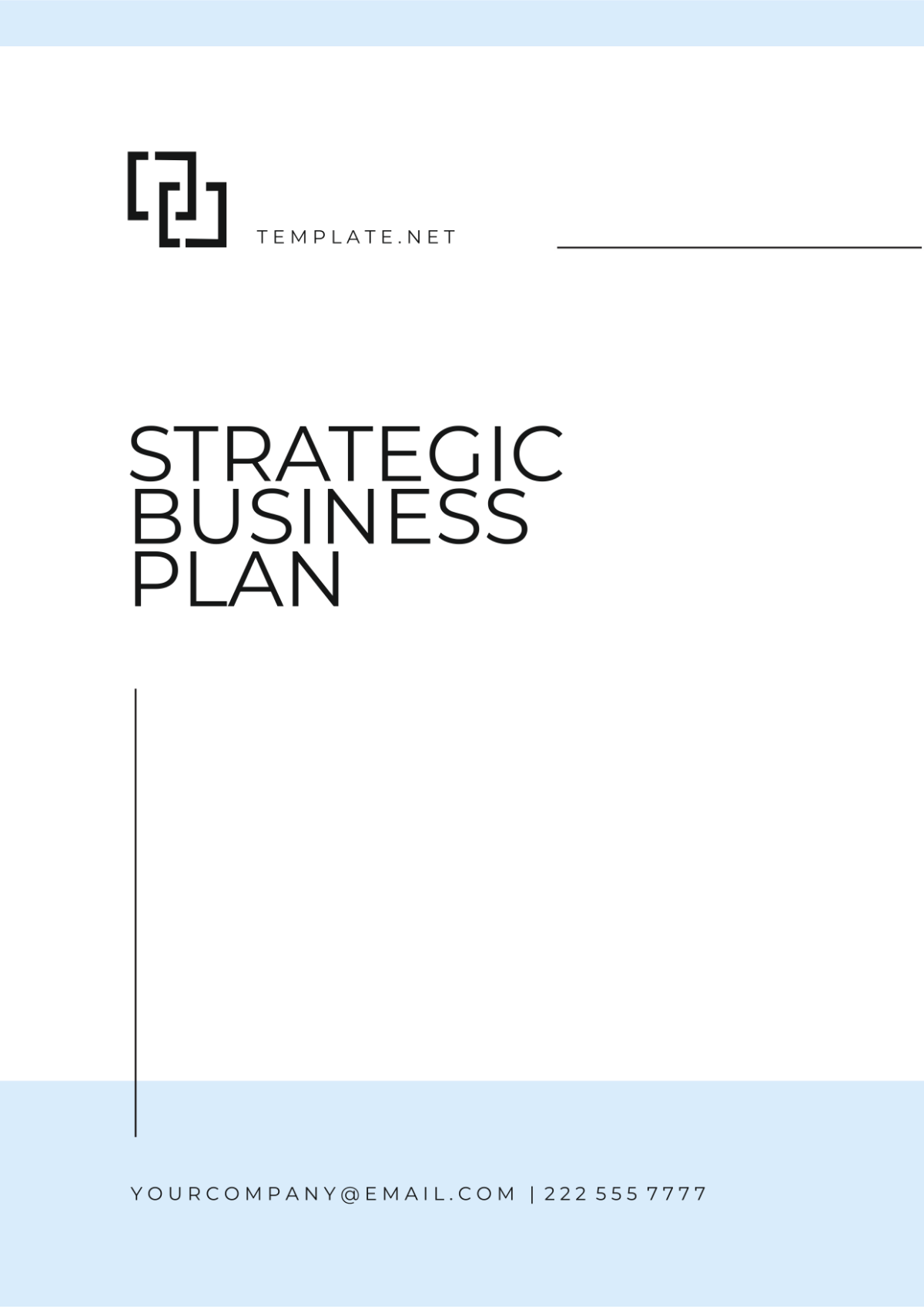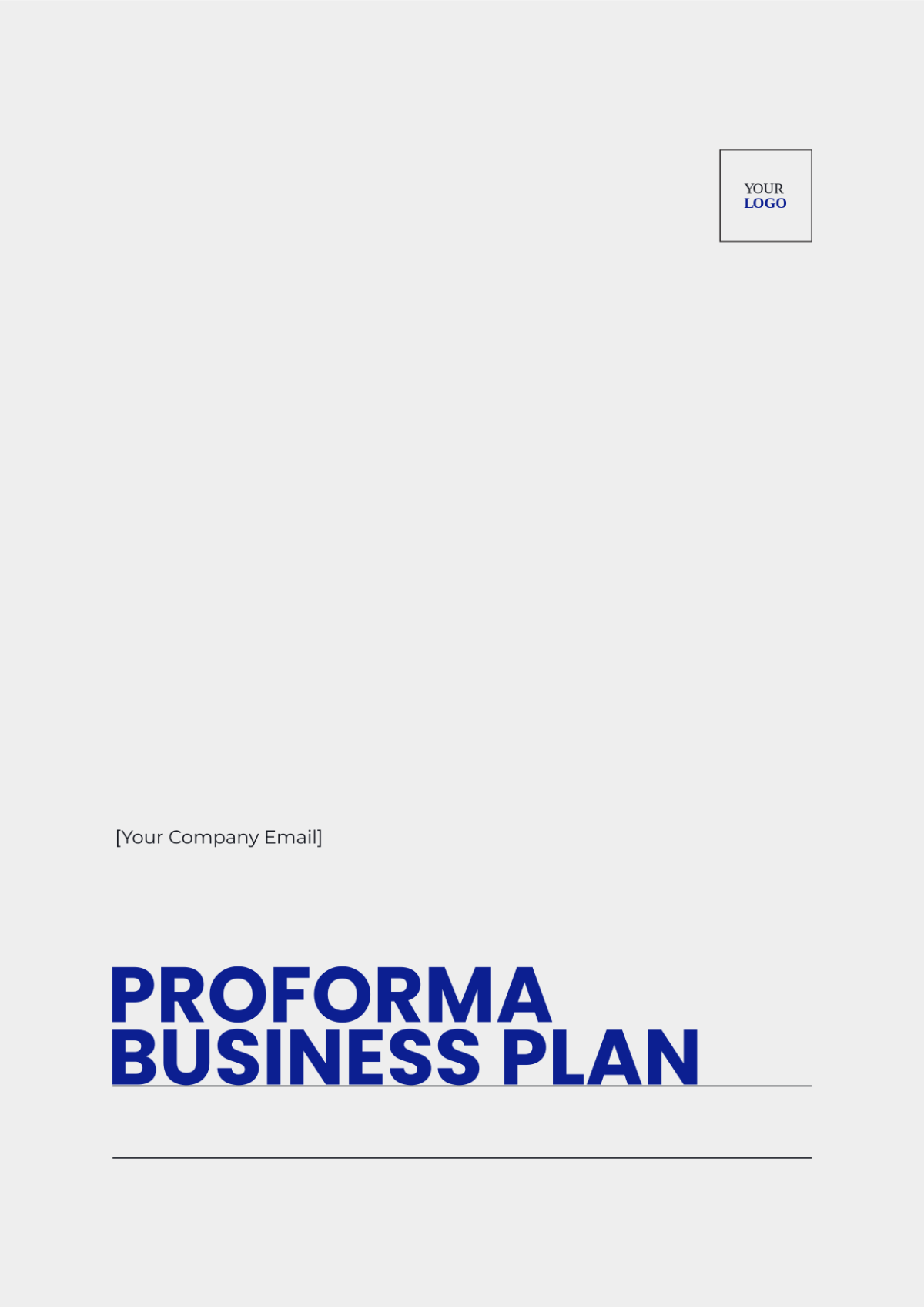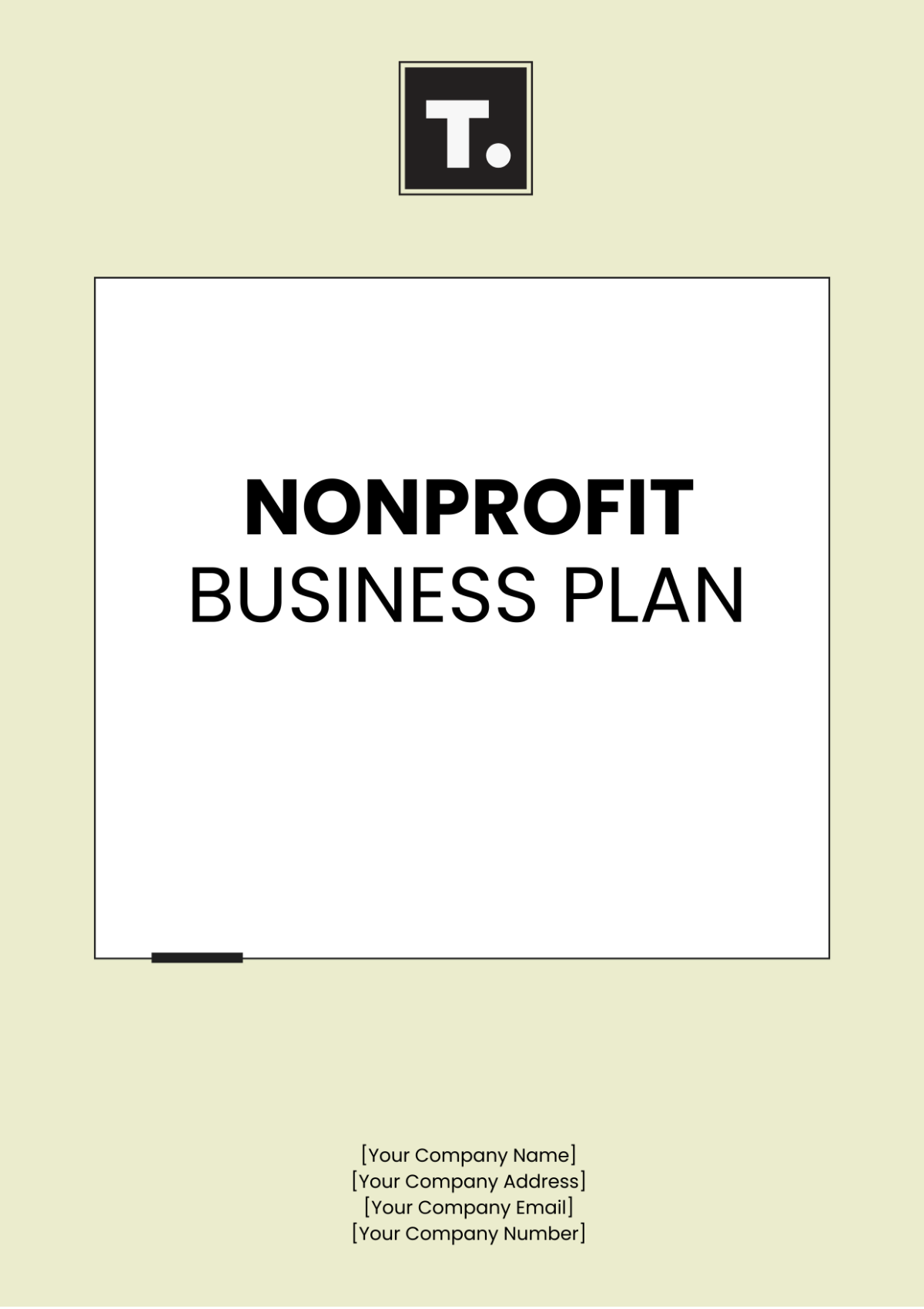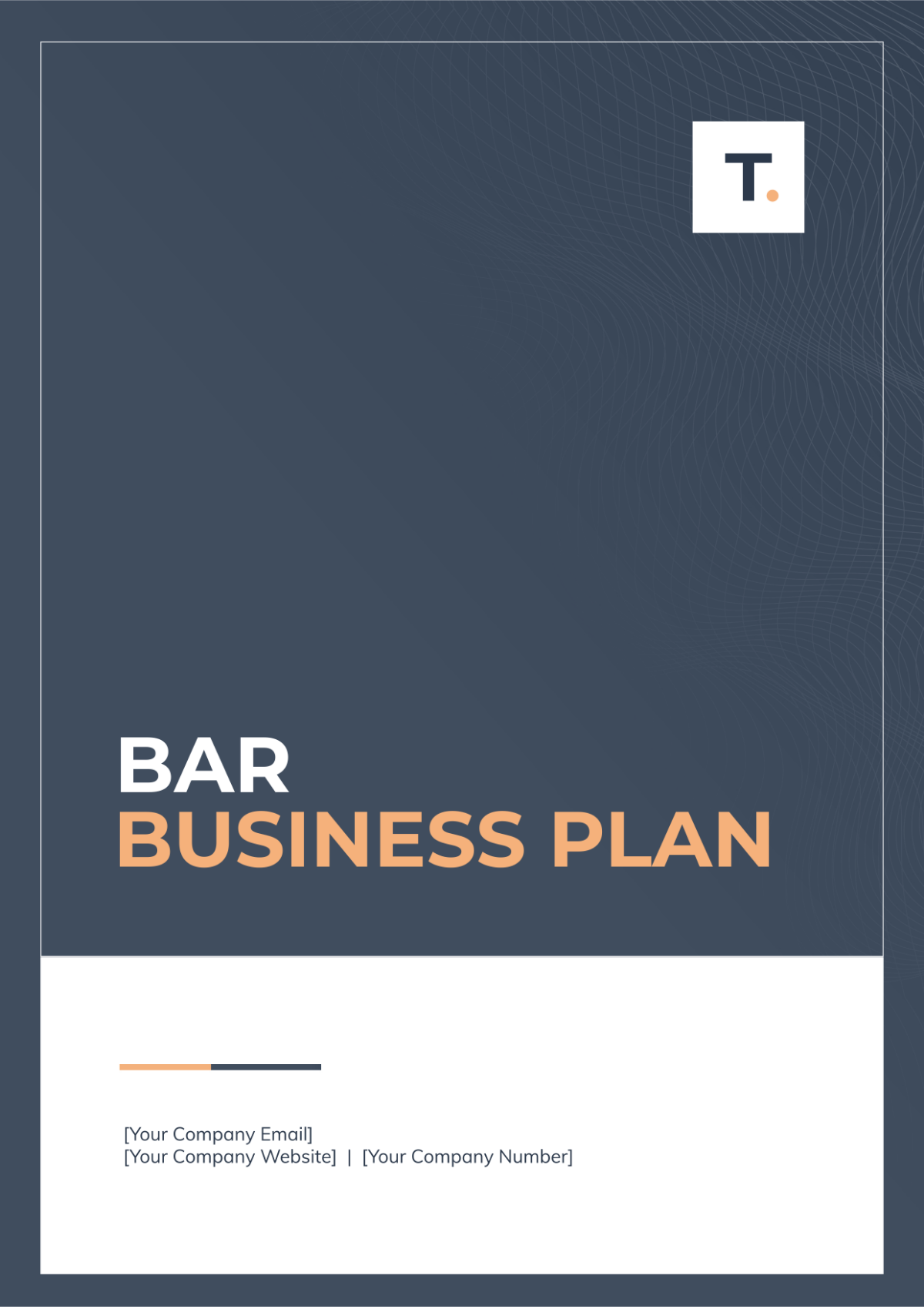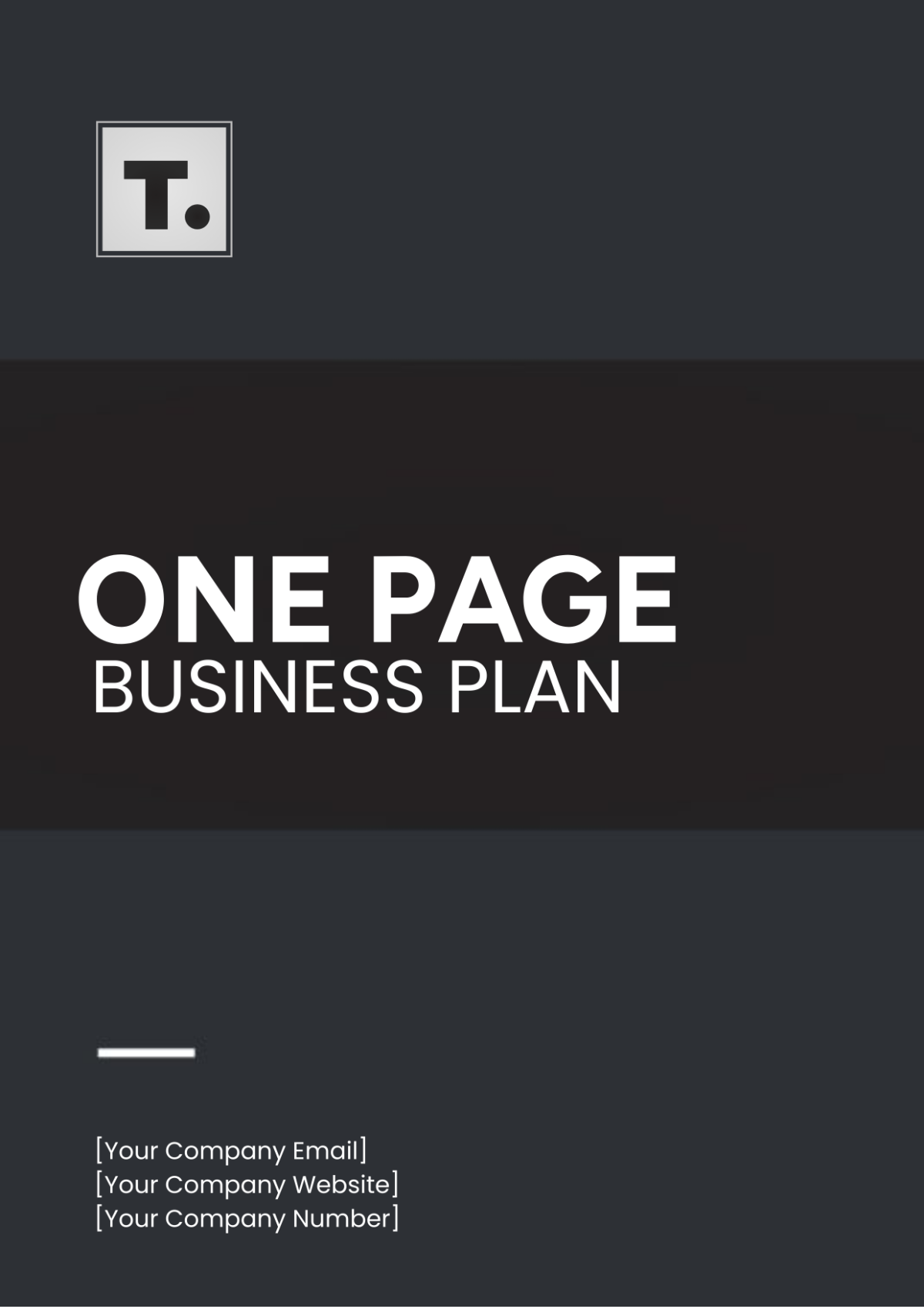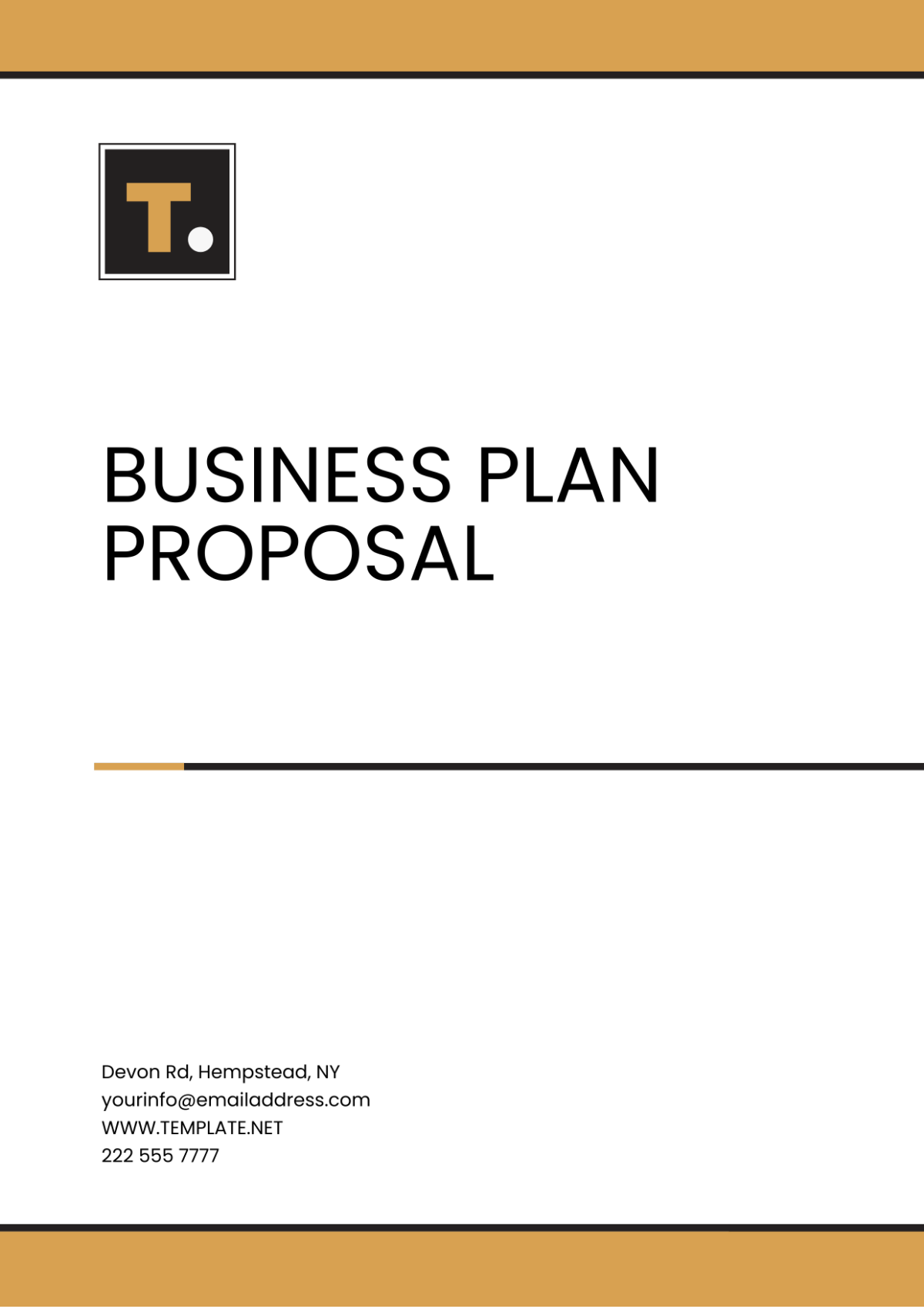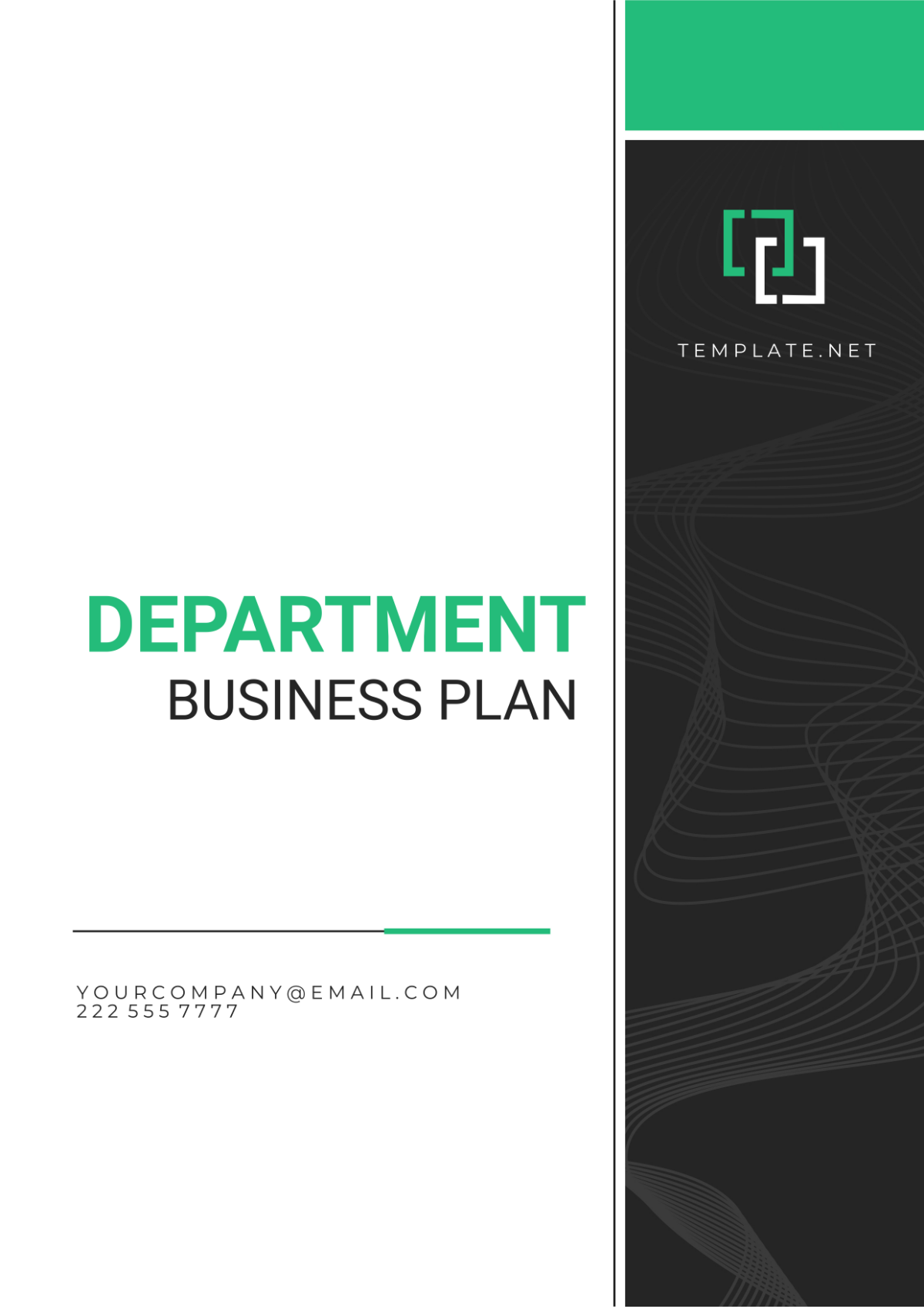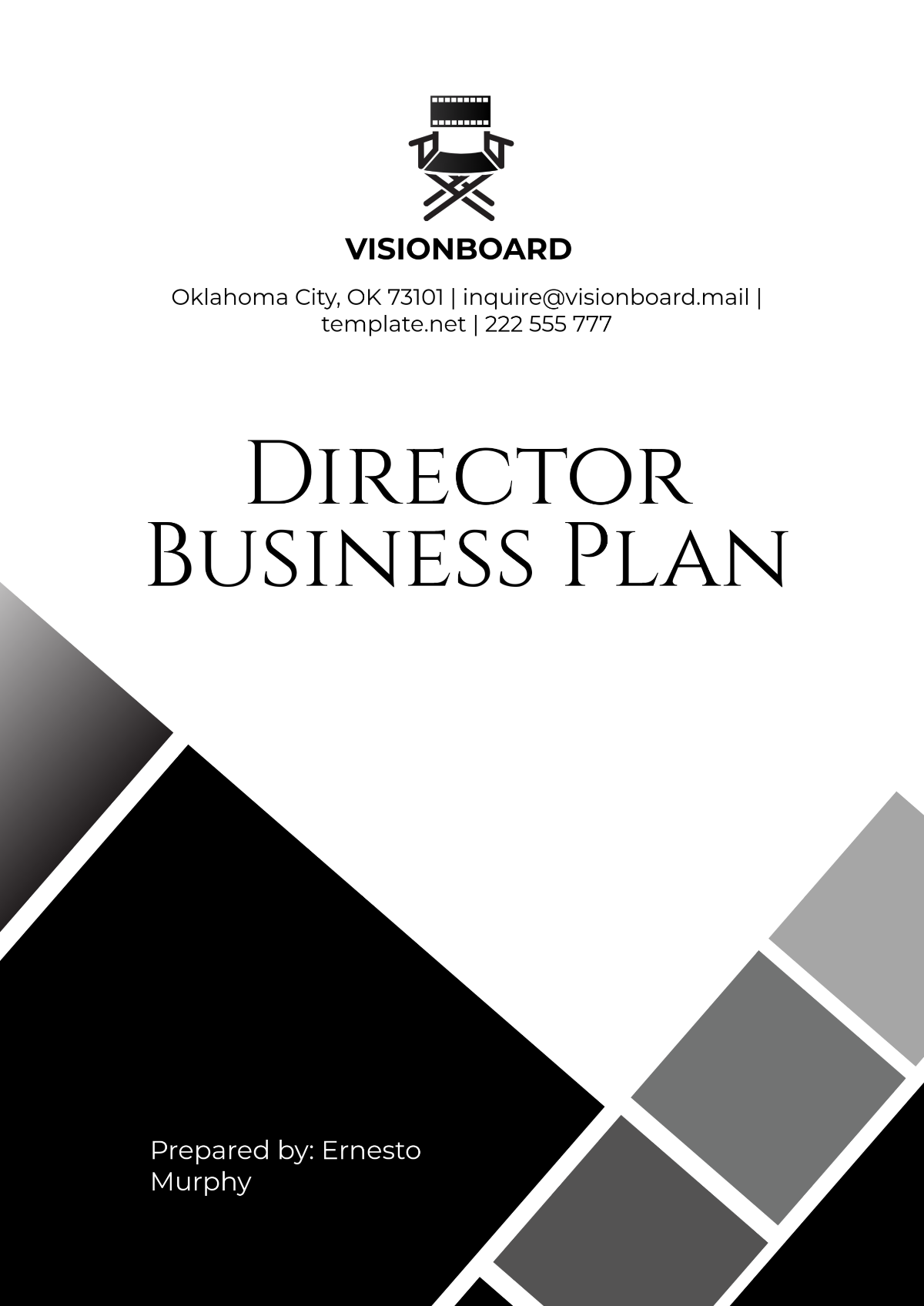Business Implementation Plan
Written by: [Your Name]
I. Executive Summary
The purpose of this Implementation Plan for [Your Company Name] is to provide a detailed roadmap for achieving the objectives set forth for [Implementation Plan Details/Objective]. This document outlines the scope, key activities, timelines, resource allocation, risk management strategies, communication protocols, and evaluation methods necessary to ensure the effective and efficient execution of this initiative.
II. Company Information
Company Name: [Your Company Name]
Company Address: [Your Company Address]
Company Website: [Your Company Website]
Company Number: [Your Company Number]
Contact Email: [Your Company Email]
Social Media: [Your Company Social Media]
III. Objectives
The main objectives of this implementation plan are:
[Objective 1]
[Objective 2]
[Objective 3]
IV. Scope
The scope of this plan includes:
Project Boundaries: Define the limits and exclusions of the project.
Deliverables: List all the products, services, and results that the project will deliver.
Key Assumptions: Identify the assumptions considered in planning the project.
Constraints: Outline the limitations and restrictions impacting the project.
Stakeholders: Identify all stakeholders involved and their roles.
V. Key Activities and Timeline
Activity | Responsible Person/Team | Start Date | End Date | Status |
|---|---|---|---|---|
Define project scope | [Project Manager] | [Date] | [Date] | Not Started |
Develop project plan | [Planning Team] | [Date] | [Date] | In Progress |
Resource allocation | [HR Department] | [Date] | [Date] | Not Started |
Risk assessment | [Risk Management Team] | [Date] | [Date] | Not Started |
Implementation of activities | [Execution Team] | [Date] | [Date] | Not Started |
Monitoring and evaluation | [Monitoring Team] | [Date] | [Date] | Not Started |
Final review and reporting | [Project Manager] | [Date] | [Date] | Not Started |
VI. Resource Allocation
Resource | Type | Quantity | Assigned To | Availability |
|---|---|---|---|---|
Project Manager | Human | 1 | [Assigned Person/Team] | Full-time |
Planning Tools | Material | 5 | [Planning Team] | On demand |
Financial Budget | Financial | $100,000 | [Finance Department] | As per project phases |
Office Space | Physical | 2 rooms | [All Teams] | Available |
Software Licenses | Technical | 10 | [IT Department] | Immediately available |
VII. Risk Management
A. Risk Identification
[Risk 1: Potential risk, Source, and Possible Impact]
[Risk 2: Potential risk, Source, and Possible Impact]
[Risk 3: Potential risk, Source, and Possible Impact]
B. Risk Assessment
Likelihood and Impact Analysis: Evaluate the likelihood of each risk occurring and the potential impact on the project.
C. Risk Mitigation Strategies
Risk 1 Mitigation: [Strategy to minimize or eliminate Risk 1].
Risk 2 Mitigation: [Strategy to minimize or eliminate Risk 2].
Risk 3 Mitigation: [Strategy to minimize or eliminate Risk 3].
VIII. Communication Plan
A. Internal Communication
Weekly Team Meetings: [Meetings frequency, participants, and key agenda items].
Bi-weekly Progress Reports: [Format, distribution list, and key content areas].
Monthly Stakeholder Updates: [Details about the format, distribution list, and key content areas].
B. External Communication
Press Releases: [Details on timing, content, and target audience].
Social Media Updates: [Platforms, frequency, and content themes].
Customer Newsletters: [Frequency, key content areas, and distribution method].
IX. Evaluation and Monitoring
A. Performance Metrics
Key Performance Indicators (KPIs): [List and describe the KPIs to be used to track progress].
Baseline Measurements: [Initial values against which progress will be measured].
B. Monitoring Schedule
Weekly Check-ins: [Details about participants, key focus areas, and documentation].
Monthly Reviews: [Key focus areas, participants, and documentation methods].
Quarterly Evaluations: [Detailed process for evaluating overall progress and performance].
C. Evaluation Methods
Qualitative Methods: [Interviews, surveys, and focus groups].
Quantitative Methods: [Data analysis, statistical methods, and trend analysis].
Final Assessment: [Methodology for the final project evaluation, including who will conduct it and how results will be reported].
X. Conclusion
This comprehensive implementation plan serves as a strategic guide to ensure the successful execution of [Implementation Plan Details/Objective]. By following this detailed roadmap, [Your Company Name] aims to achieve its objectives efficiently and effectively, while managing resources, mitigating risks, and maintaining clear communication with all stakeholders.


